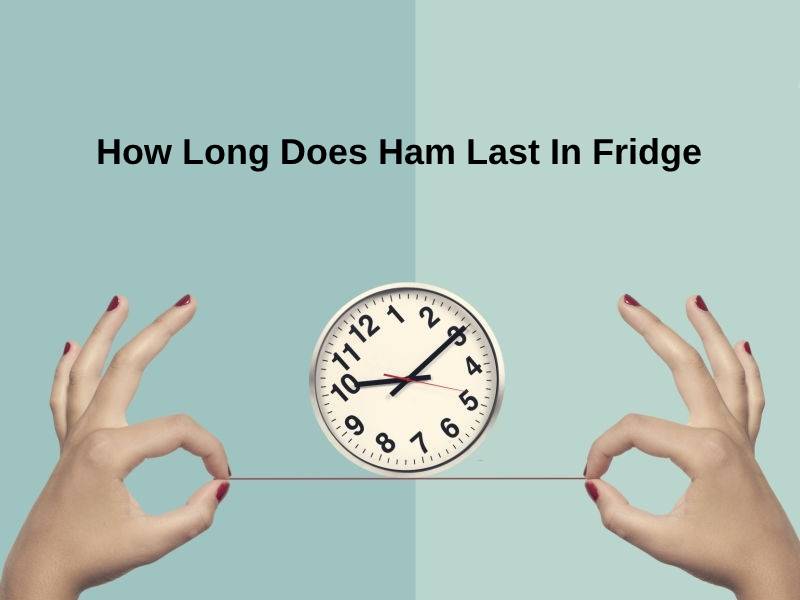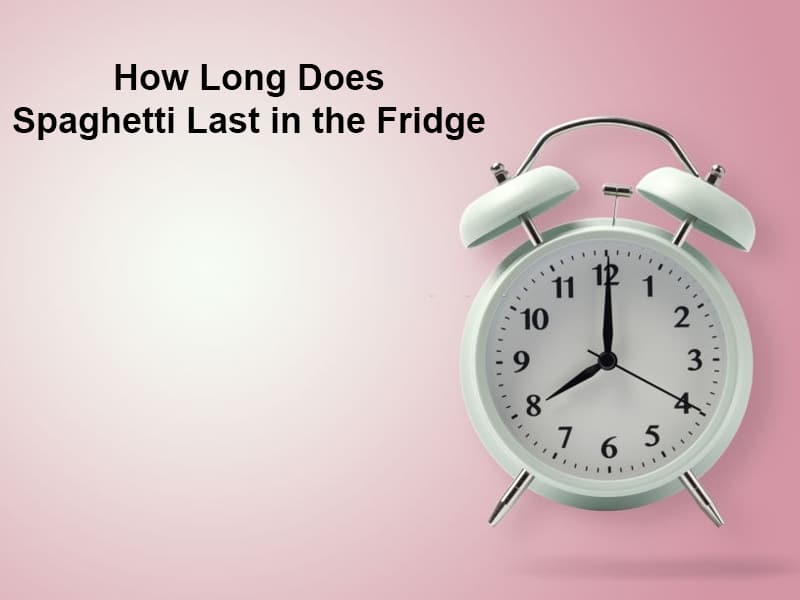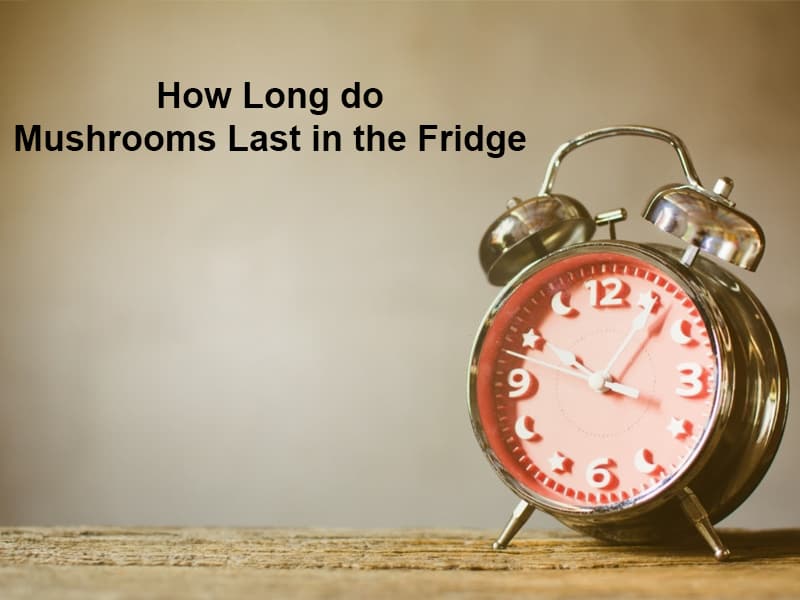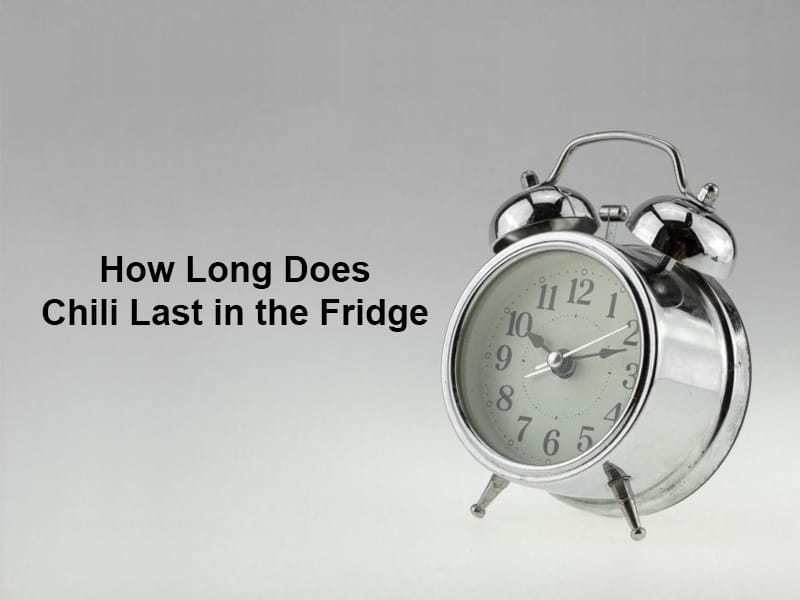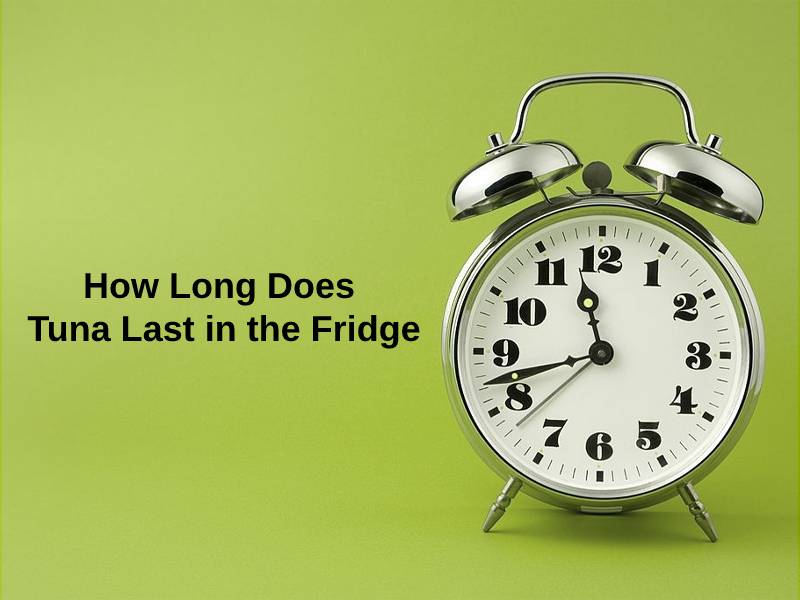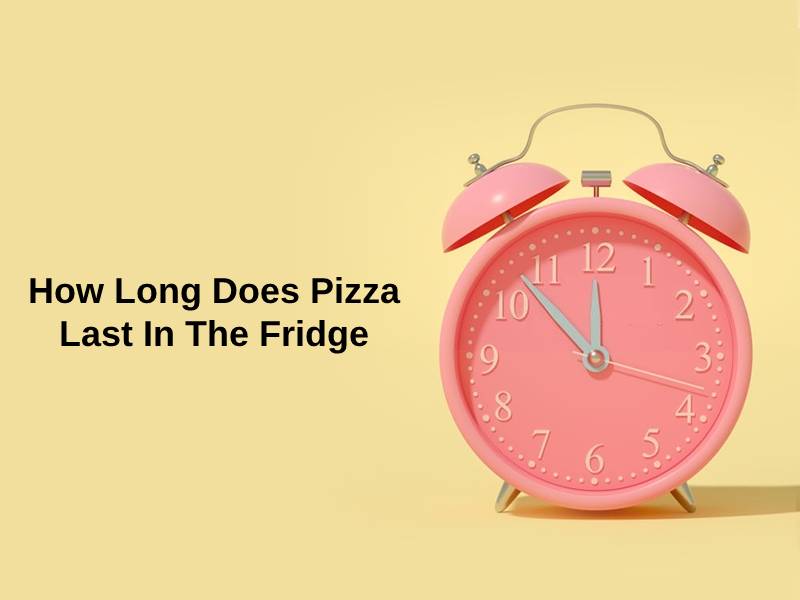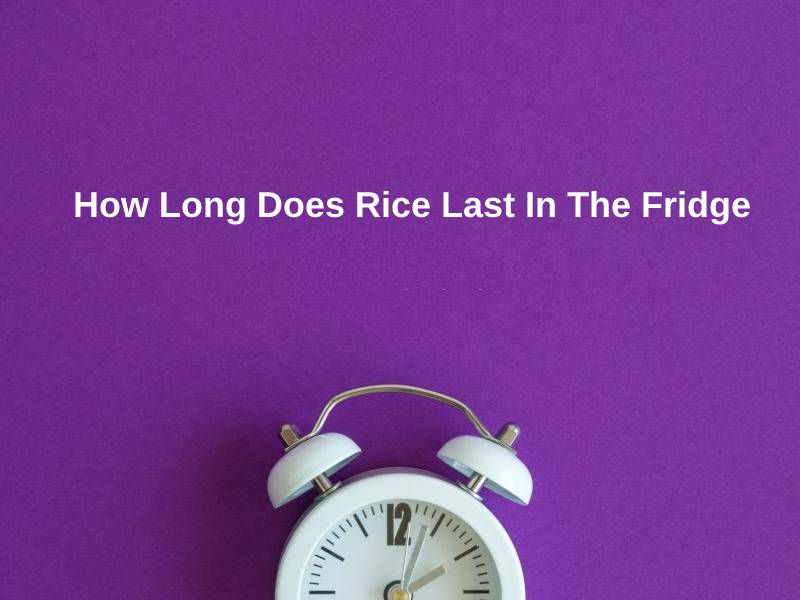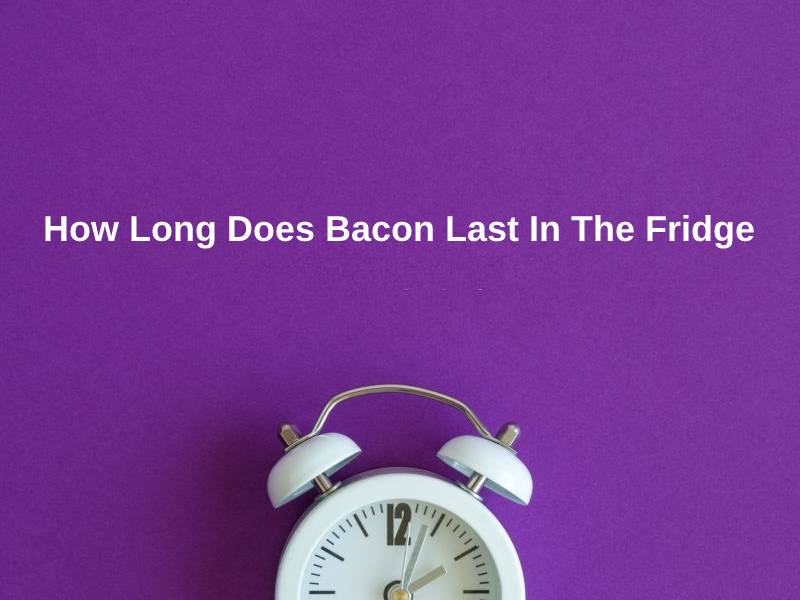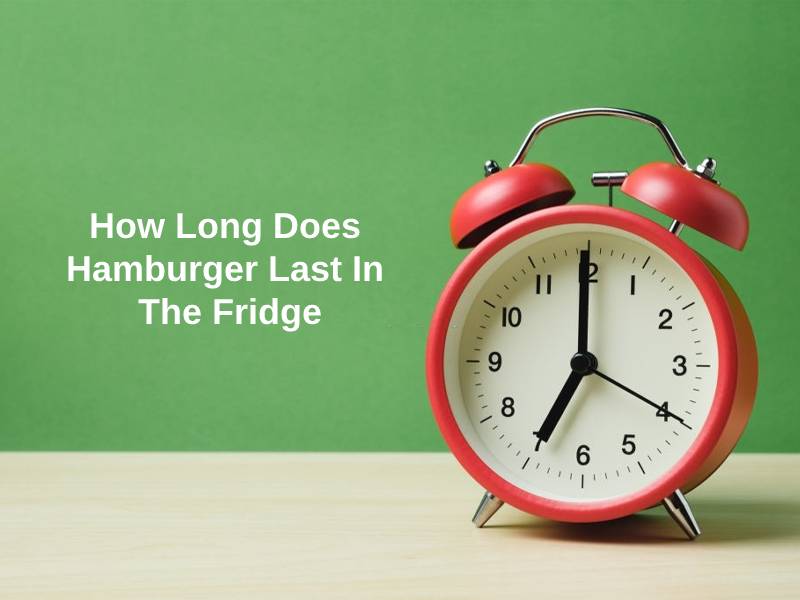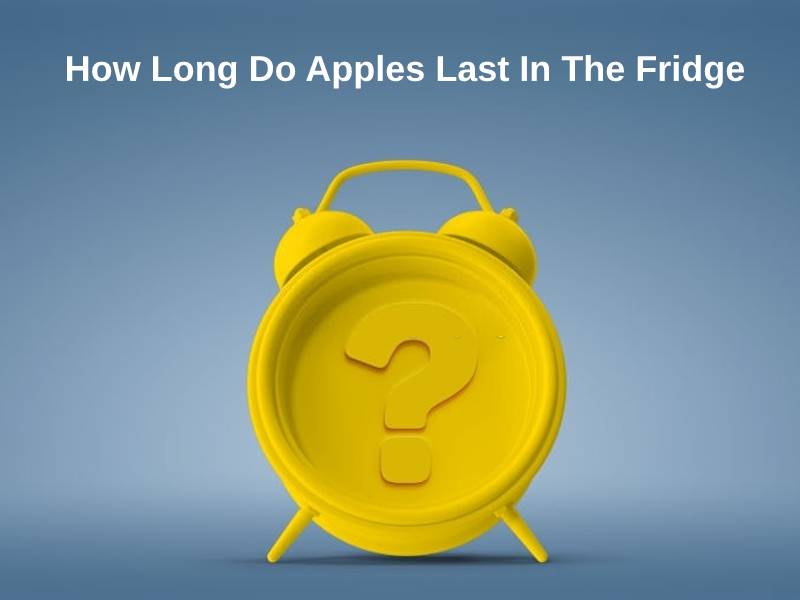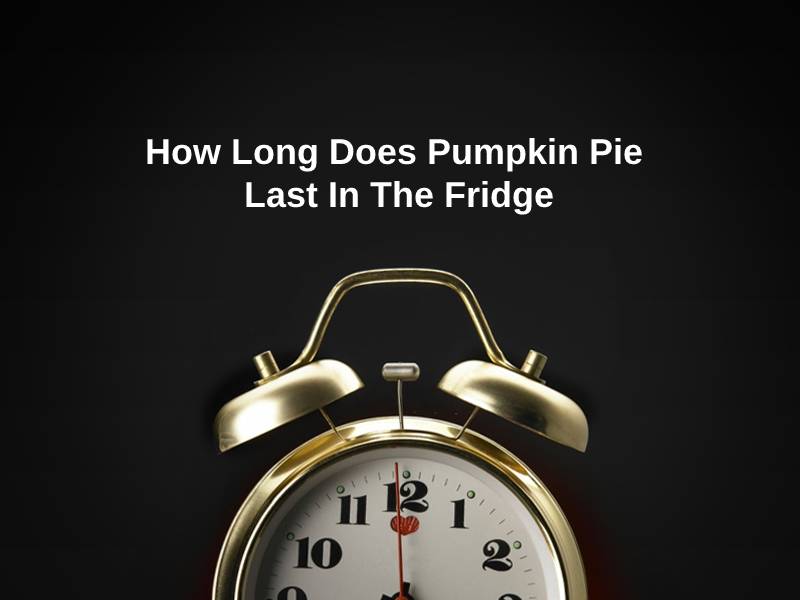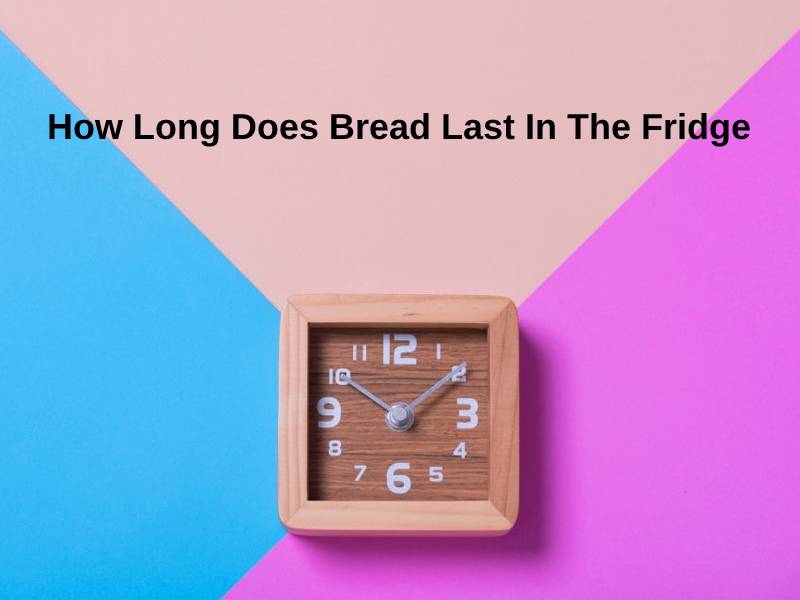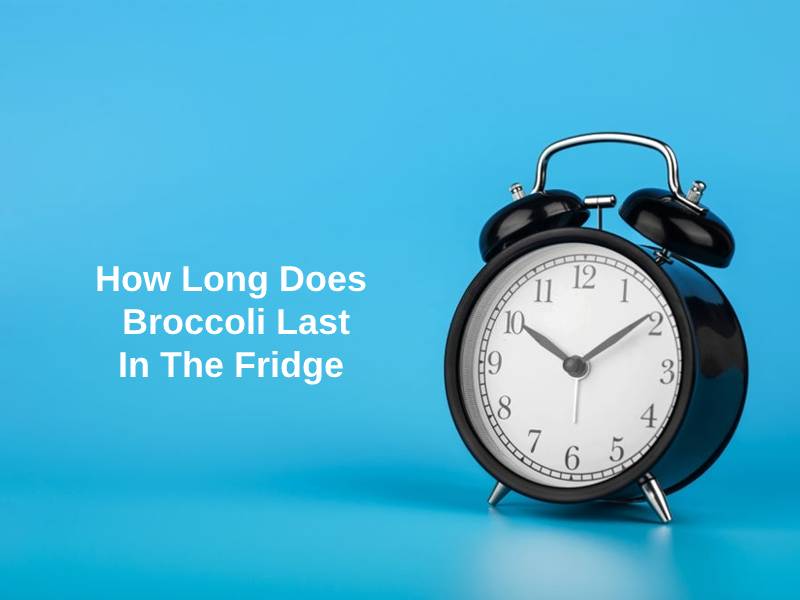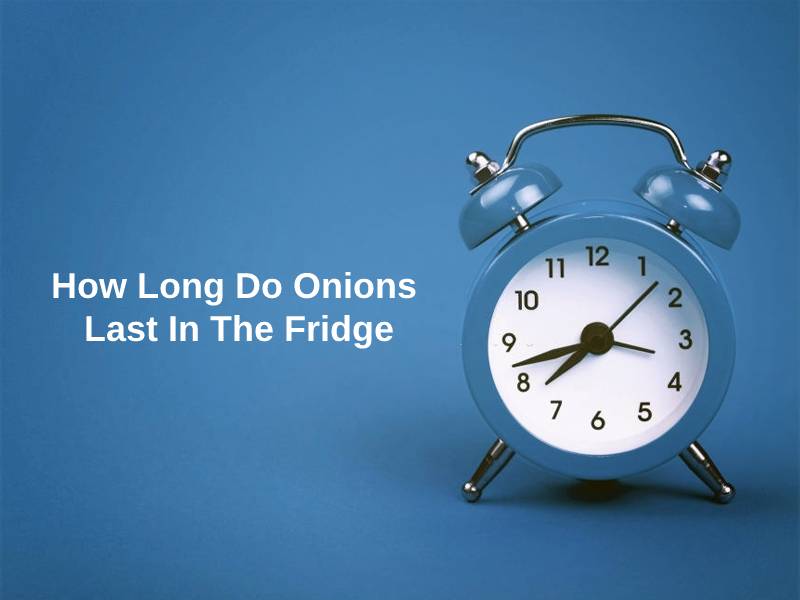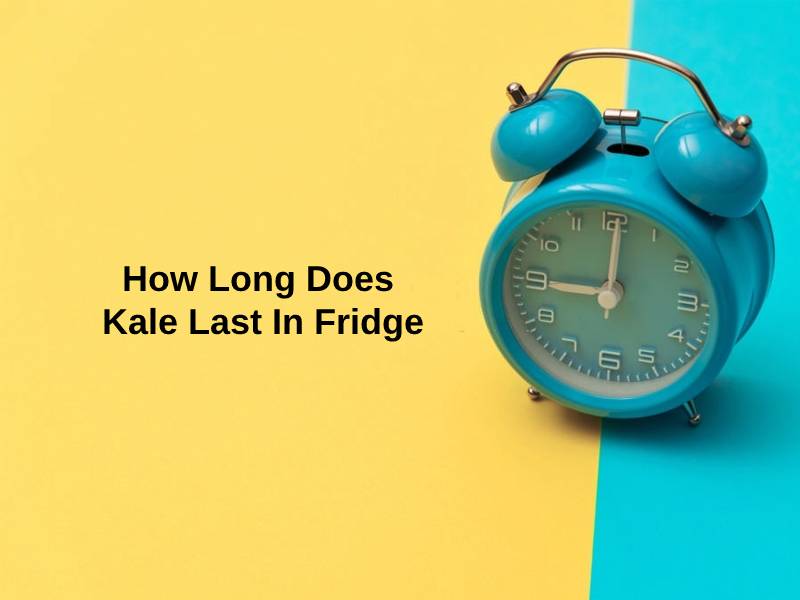Exact Answer: Up to 5 days
Pasta is a famous Italian dish made out of wheat, water, or eggs. It comes in various shapes and sizes and can be easily prepared by boiling or baking. Many companies have also introduced instant pasta in the market, making it an easy go-to food, especially for young people.
Pasta can be of different types – spaghetti, macaroni, penne, or noodles. One can prefer the saucy kind over dry pasta. It can also be considered an unhealthy choice if made with too much cheese and varied flavors. Some healthy alternatives include gluten-free pasta, lentil, bean, or pea pasta made with fewer ingredients.
Homemade pasta can be stored for a much longer period as compared to instant or restaurant-made pasta. One must follow the best storage practices to maintain its freshness for more days. It must be stored at a cooler temperature to avoid spoilage.
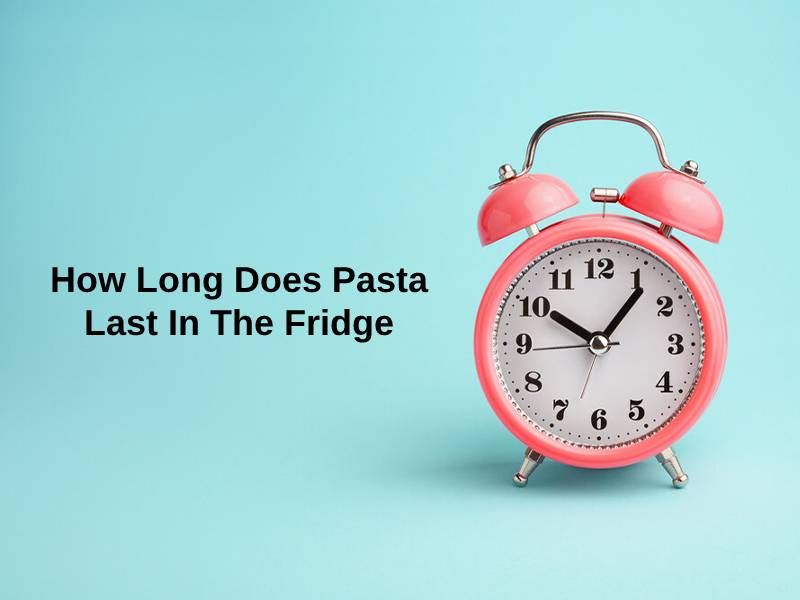
How Long Does Pasta Last In The Fridge?
The fridge life of pasta depends on the ingredients out of which it is prepared. Wheat, lentils, and eggs are the most common main ingredients. Other factors such as the method and flavors used may also affect its storage period.
Cooked wheat pasta may last for 3 to 5 days, in contrast to a fresh store-bought pasta that can last only for a day or two. Gluten-free and other stuffed pasta can last in the fridge for 3 to 5 days. Freshly cooked homemade pasta, on the other hand, can last up to 5 days in the fridge if kept properly.
Other recipes of pasta such as lasagna also become unfit for consumption within 5 days. Well-cooked pasta may also last up to a week under unique circumstances. However, it is important to examine precooked foods before consumption.
Uncooked dry pasta has a shelf life of 2 years. Cooked pasta lasts longer in the absence of eggs. It is recommended to cook pasta with sauce to increase storage time as sauce helps in the preservation of ingredients, but it too has an expiration date.
| Pasta | Storage Time |
| Cooked Wheat | 3 – 5 days |
| Fresh Homemade Wheat | 4 – 5 days |
| Lentil/ Pea / Bean-based | 3 – 5 days |
| Gluten-Free | 3 – 5 days |
| Stuffed | 3 – 5 days |
| Sauce based | 5 days |
| Instant store-bought | 1 – 3 days |
| Uncooked dry | 2 years |
Why Does Pasta Last So Long In The Fridge?
Unopened dry pasta has a shelf life of two years as it remains free from any moisture content. Any exposure to air or insects can decrease the shelf life drastically and make it unfit for consumption. Some unopened boxes can have an expiration date that may extend up to two years, therefore, one can select a pasta brand accordingly.
Freshly cooked pasta contains moisture and eggs because of which it can survive only up to a week at maximum. Cooked pasta has to be freshly placed in a freezer to be preserved at low temperatures. However, a lack of a constant cold storage environment due to electricity cut-off can cause spoilage due to microbial growth and mold formation.
Dry pasta contains absolutely no moisture, because of which it has minimal chances of microbial degradation. However, it should be stored in a cold and dark place to obtain increased shelf life. The use of airtight containers can also ensure no exposure to pests and rodents.
Instant pasta contains preserved ingredients that decay faster, as a result of which it can last only up to 3 days. In contrast, homemade pasta can last for a longer period due to the usage of fresh and healthy ingredients. Different recipes of pasta such as lasagna, or ravioli can last for longer periods due to the presence of sauce that preserves the ingredients of the entire dish.
Conclusion
Pasta is an Italian staple dish that is enjoyed by people from different parts of the world. It is made with different flavors and ingredients such as cheese, olive oil, milk, and seasonings. Uncooked dry pasta has a shelf life of two years or more.
Freshly cooked pasta remains unaffected for up to a week if stored according to standard instructions. Instantly cooked pasta should be consumed immediately as it has a higher chance of microbial decay. If stored in a freezer, it lasts for up to two days.
Consumption of contaminated food can cause foodborne diseases. Therefore, one must be careful while consuming frozen cooked pasta. If any health complications arise, professional medical help is recommended.

